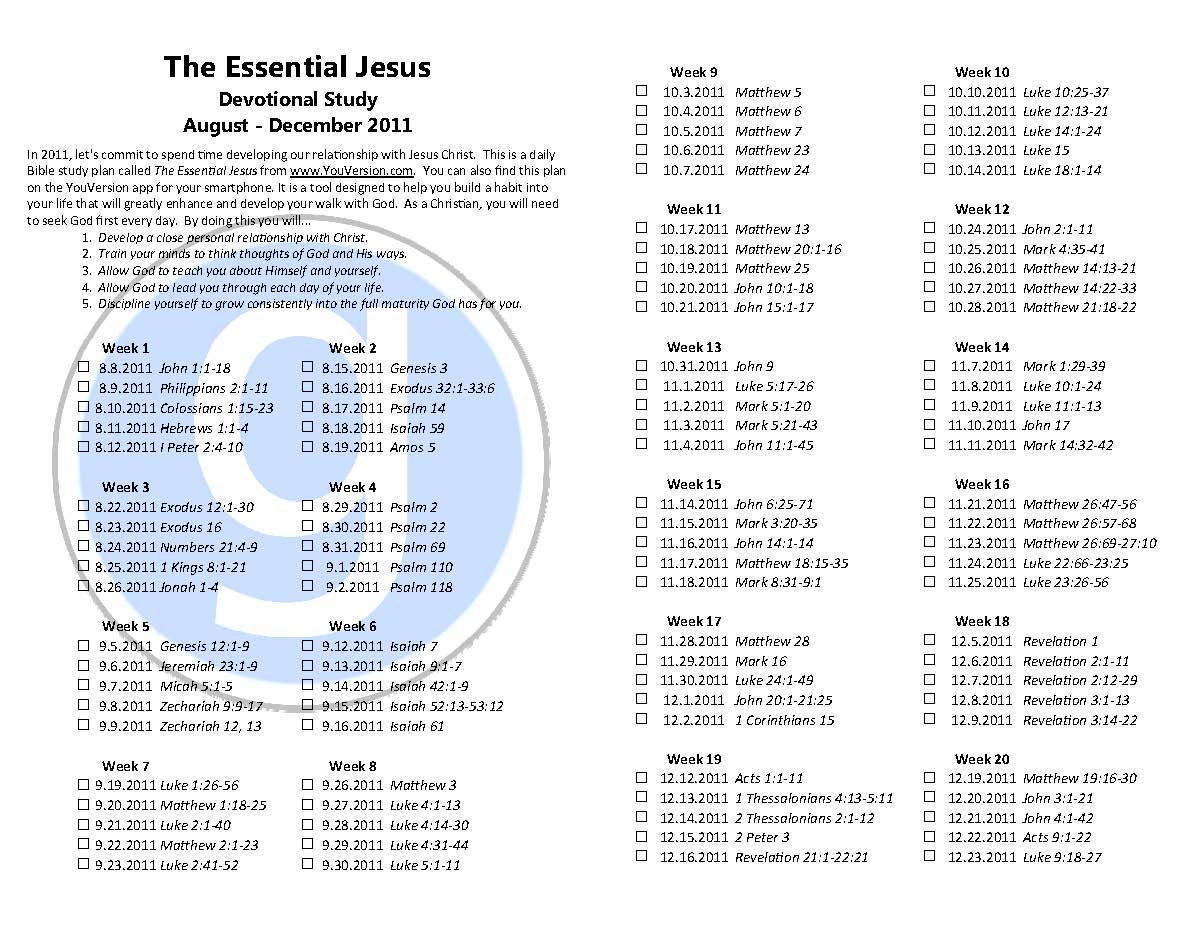
As I write this, I’m taking advantage of the NBA’s League Pass free preview at the beginning of this NBA season over my friend’s Roku and its got me thinking about how we use and discuss the best uses for streaming media. Sure, there’s this practice that when in a home/sitting setting that one can use a stationary media device to get multimedia content, but how would such a connection point fit within what we understand about mobile? Or better yet, where are some of the opportunities for mobile ministry engagement?
One of the things that I do when not exposed to media via some kinds of station like the Roku or Amazon (Instant Video and Cloud Player have become used a bit more since getting my Kindle Fire HD), is looking into the websites of some of the brands or industries I’m interested in and looking for/at short video clips. This works great for sports and with some of the indie music that I listen for, and its pretty decent as well. I’m simple in searching for these though, I just use a search engine or my existing social media accounts, and search from there.
On the Roku, there’s this idea of subscribing to different channels. And to be open, there’s a number of larger ministries that have gone the route of having Roku stations for their ministries. LifeChurch.TV is a good example here as you can pretty much tune in anytime to a church online session. This isn’t different from saving a favorite in my browser then going to it, or subscribing to an RSS channel. Again though, I’m doing this in a stationary moment. When mobile, its a bit different.
I can see a situation where I visit an organization’s mobile website, and one of the options is to view some video clips. After clicking on a clip, I’d be asked if I want to either download an application that preloads these video clips and offers some other kinds of functionality, or asked if I would like to subscribe to updates of new videos and then given options of doing so (RSS, email, social media, etc.).
Because as I think about it, video on my mobile makes sense. But only in the case where I’m able to sit and give attention to it. Music on the other hand, I like to use streaming music as kind of a background filler.
My primary streaming service is last.fm. I have had a paid and free account there for sometime, and so there’s a decent library of music and music recommendations that I can choose from. On any of my mobile devices, streaming from there is just a matter of launching the app and choosing the station/artist. Should churches also have a presence on something like last.fm? You know, where you can choose to listen to either their own mix of commercial and indie artists? Or, where if they are a ministry that produces their own music, that you can choose to listen to that instead (would definitely make visiting those churches easier, in the respect of knowing some of the songs before you get there).
And here’s the core of these thoughts: how does a ministry that creates stuff allow me (the prospective audience) to plug in and get a taste of what they do to glorify God? Sure, making me read a website, sign up for an email newsletter, etc. might be great and works well for those folks that want to learn about you that way. But, what about those folks who would rather be engaged with other senses or don’t have the value proposition that reading about you is a good use of their time? Shouldn’t we be looking at this a bit more from context of how do people wish to receive us not just what can we offer them?
Am up for your thoughts here…








